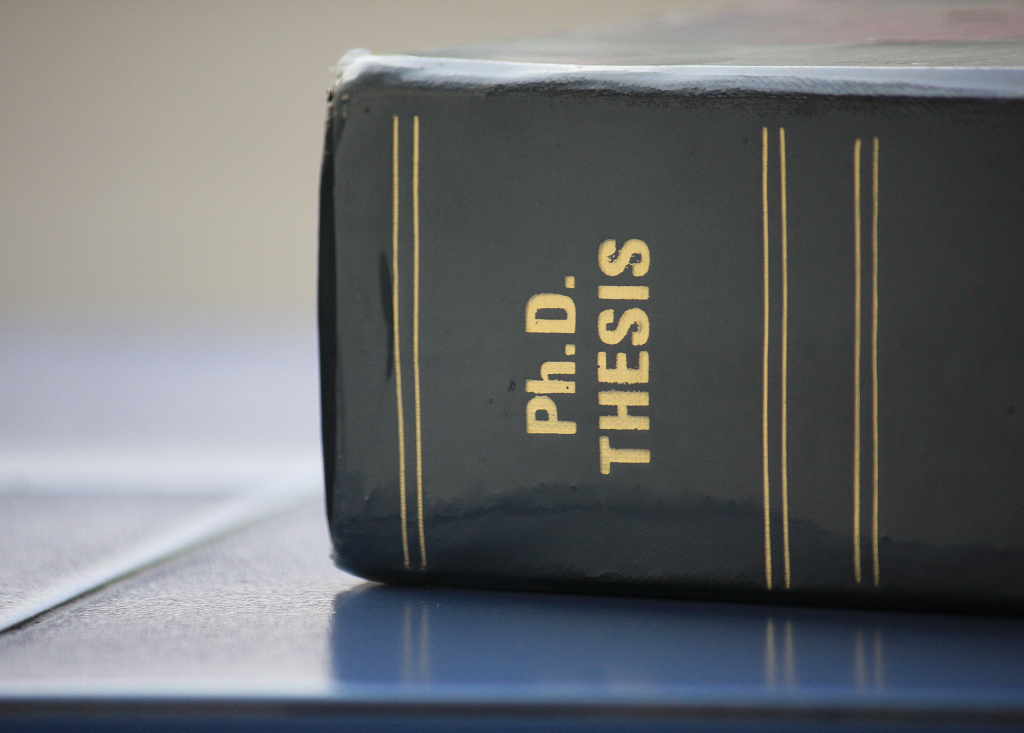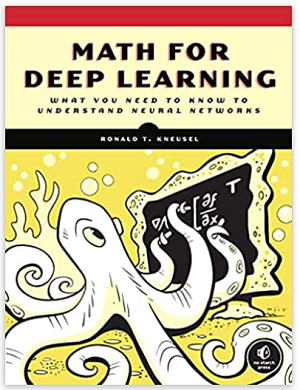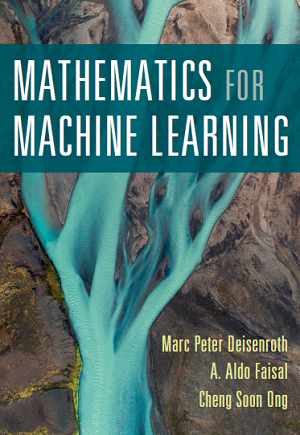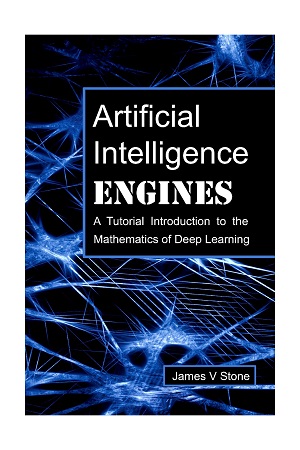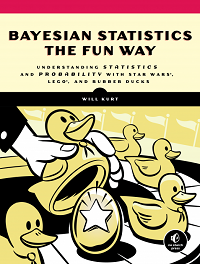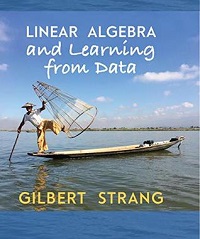In this feature article, Daniel D. Gutierrez, insideAInews Editor-in-Chief & Resident Data Scientist, explores why mathematics is so integral to data science and machine learning, with a special focus on the areas most crucial for these disciplines, including the foundation needed to understand generative AI.
Power to the Data Report Podcast: The Math Behind the Models
Hello, and welcome to the “Power-to-the-Data Report” podcast where we cover timely topics of the day from throughout the Big Data ecosystem. I am your host Daniel Gutierrez from insideAI News where I serve as Editor-in-Chief & Resident Data Scientist. Today’s topic is “The Math Behind the Models,” one of my favorite topics when I’m teaching my Introduction to Data Science class at UCLA. In the podcast, I’ll discuss how in the age of data-driven decision-making and artificial intelligence, the role of data scientists has become increasingly vital. However, to truly excel in this field, data scientists must possess a strong foundation in mathematics and statistics.
Top Data Science Ph.D. Dissertations (2019-2020)
The American Mathematical Society (AMS) recently published in its Notices monthly journal a long list of all the doctoral degrees conferred from July 1, 2019 to June 30, 2020 for mathematics and statistics. The degrees come from 242 departments in 186 universities in the U.S. I enjoy keeping a pulse on the research realm for my field, so I went through the entire published list and picked out 48 dissertations that have high relevance to data science, machine learning, AI and deep learning. The list below is organized alphabetically by state.
Book Review: Math for Deep Learning
One of my favorite learning resources for gaining an understanding for the mathematics behind deep learning is “Math for Deep Learning” by Ronald T. Kneusel from No Starch Press. If you’re interested in getting quickly up to speed with how deep learning algorithms work at a basic level, then this is the book for you.
Redistricting with Optimization
This contributed article discusses how optimization is the most transparent and fair method of creating political districts. However, optimization is a highly challenging process that seeks the ideal answer to a problem with hundreds of millions of possible solutions. The enormity of the problem can be addressed in 2021 because states like Michigan and Virginia are now seriously addressing the gerrymandering issue, while advances in computer software and hardware have made the necessary large-scale optimization possible.
Book Review: Mathematics for Machine Learning
“Mathematics for Machine Learning” by Marc Peter Deisenroth, A. Aldo Faisal, and Cheng Soon Ong, published by Cambridge University Press, is an excellent way to learn the math behind the models. This review shall highlight all the ways this book is special among the competition. Of all the books I’ve reviewed thus far, this is my favorite. Read on to learn why.
Gurobi Publishes Inaugural State of Mathematical Optimization Report
Gurobi Optimization, LLC – which produces the fast mathematical optimization solver, the Gurobi Optimizer – today released the inaugural edition of its annual State of Mathematical Optimization Report. The report highlights the business impact of mathematical optimization, revealing how companies across more than 42 industries are using this AI technology to solve a broad range of business problems and achieve a variety of business objectives, including maximizing revenue, minimizing costs, and maximizing resource utilization.
Book Review: Artificial Intelligence Engines: A Tutorial Introduction to the Mathematics of Deep Learning
We’re seeing a rising number of new books on the mathematics of data science, machine learning, AI and deep learning, which I view as a very positive trend because of the importance for data scientists to understand the theoretical foundations for these technologies. In the coming months, I plan to review a number of these […]
Book Review: Bayesian Statistics the Fun Way by Will Kurt
“Bayesian Statistics the Fun Way: Understanding Statistics and Probability with Star Wars, Lego, and Rubber Ducks,” by Will Kurt (2019 No Starch Press) is an excellent introduction to subjects critical to all data scientists. Will Kurt, in fact, is a data scientist! I always advise my data science classes at UCLA to engage these important subjects in order to obtain a well-rounded exposure to disciplines upon which data science is based. I’ve already added this title to my official bibliography of learning resources given to my students.
Book Review: Linear Algebra and Learning from Data by Gilbert Strang
I’ve been a big fan of MIT mathematics professor Dr. Gilbert Strang for many years. A few years ago I reviewed the latest 5th edition of his venerable text on linear algebra. Then last year I learned how he morphed his delightful mathematics book into a brand new title (2019) designed for data scientists – “Linear Algebra and Learning from Data.” I was intrigued, so after I received my review copy I did a deep dive without hesitation.



